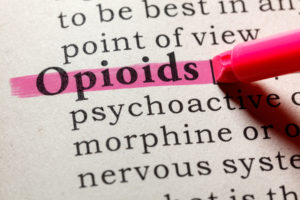
According to the study researchers, one challenge regarding methadone access is that, unlike in other countries like Australia, Canada, and the U.K., the U.S. provides access to methadone only through opioid treatment programs. Allowing pharmacies to dispense methadone could, they argue, make it easier for those who need it to access methadone. Specifically, the author argues that providing methadone through pharmacies could reduce driving time to access methadone and therefore enhance the motivation to get this important treatment by reducing the time, cost, and labor associated with retrieving the medication.
To evaluate this idea, the researchers evaluated the driving time required to reach opioid treatment programs versus pharmacies across all 50 states and Washington, D.C. Consistent with their hypothesis, they found that whereas the average driving time to opioid treatment programs was 20.4 minutes, the average driving time to pharmacies was only 4.5 minutes. More rural areas were associated with bigger differences in driving times to opioid treatment programs versus pharmacies.
Given that there are fewer than 1,700 opioid treatment programs across the U.S., the author suggests that limiting access to methadone treatment to these locations may prevent people from getting the medication they need. This study helps to identify an important way that offering methadone via pharmacies may reduce the burden associated with retrieving substance abuse medication. If regulations change such that pharmacies can dispense methadone, data will no doubt be collected and analyzed to determine if methadone usage increases and if the potential increase translates to reduced opioid addiction in the U.S.
Reference
Kleinman, R.A. (2020). Comparison of driving times to opioid treatment programs and pharmacies in the U.S. JAMA Psychiatry. doi:10.1001/jamapsychiatry.2020.1624
